June 2, 2017
Google submits revised plans for vast new campus in London 0
 Google has submitted a revised application for planning permission to Camden Council for its proposed £600 million King’s Cross Campus in London. This building will be the first, wholly owned and designed Google building outside the United States. Construction on the purpose-built 11-storey building, comprising of more than 1 million square feet, of which Google will occupy 650,000 sqft, will commence in 2018. The building, designed by Heatherwick Studio and Bjarke Ingels Group (BIG) will feature a natural theme, with all materials sourced through Google’s healthy materials programme. This new building, combined with the current building at 6 Pancras Square and an additional third building, will create a Google campus with the potential to house 7,000 Google employees. The new building is being developed from the ground up and will contribute to the Knowledge Quarter and King’s Cross’s growing knowledge-based economy. The original plans for the building from 2013 by AHMM had been put on hold, although some features such as a running track remain.
Google has submitted a revised application for planning permission to Camden Council for its proposed £600 million King’s Cross Campus in London. This building will be the first, wholly owned and designed Google building outside the United States. Construction on the purpose-built 11-storey building, comprising of more than 1 million square feet, of which Google will occupy 650,000 sqft, will commence in 2018. The building, designed by Heatherwick Studio and Bjarke Ingels Group (BIG) will feature a natural theme, with all materials sourced through Google’s healthy materials programme. This new building, combined with the current building at 6 Pancras Square and an additional third building, will create a Google campus with the potential to house 7,000 Google employees. The new building is being developed from the ground up and will contribute to the Knowledge Quarter and King’s Cross’s growing knowledge-based economy. The original plans for the building from 2013 by AHMM had been put on hold, although some features such as a running track remain.












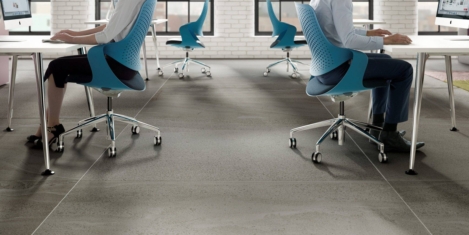
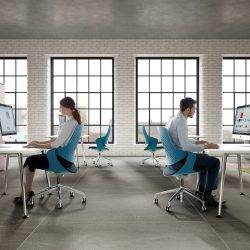
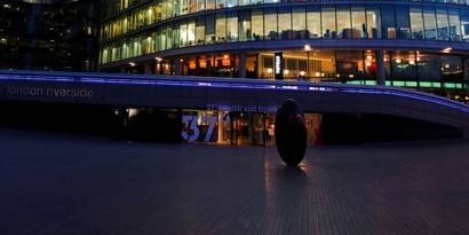
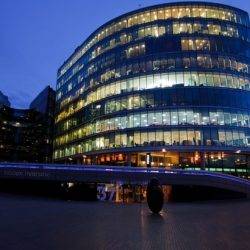
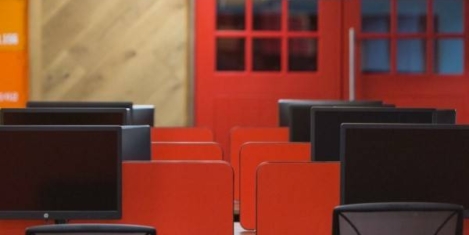
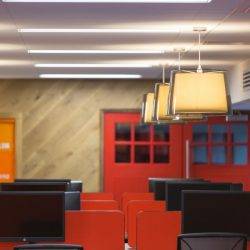
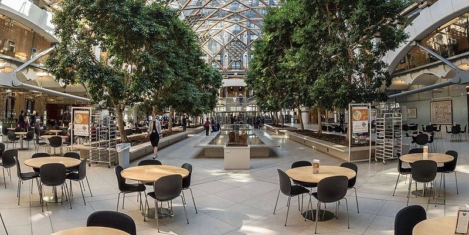
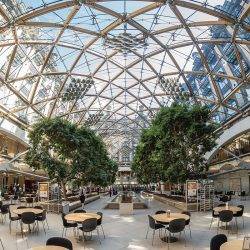
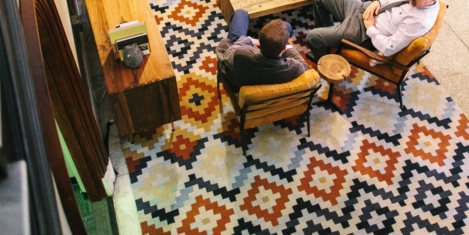
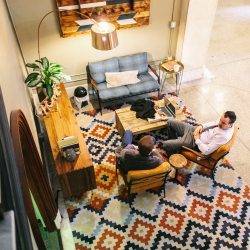

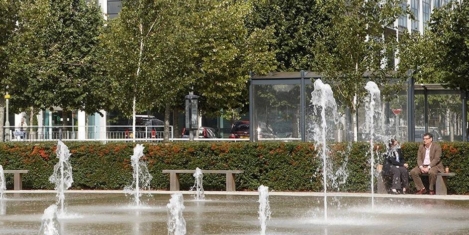
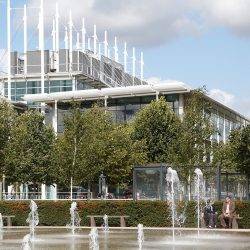











May 18, 2017
Reflection on facilities management and the people I’ve met along the way 0
by Paul Carder • Comment, Facilities management
(more…)